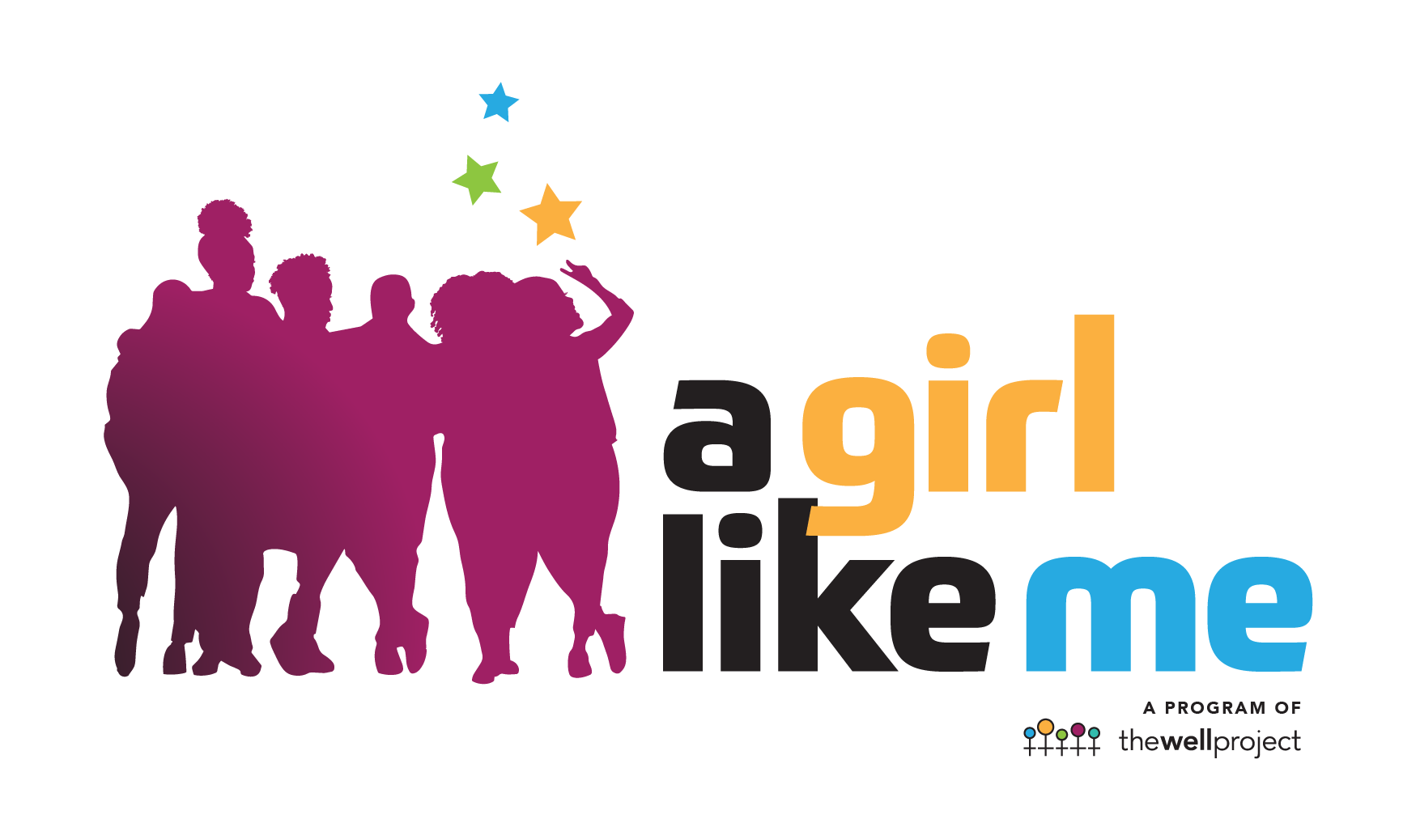 In my next several blogs I would like to explore with you some of the strategies that have worked for me and others in running the HIV marathon.
In my next several blogs I would like to explore with you some of the strategies that have worked for me and others in running the HIV marathon.
To do a marathon is not simply a matter of getting up off of the couch, throwing on some shoes and running 26.2 miles. In reality, the actual running of a marathon is the result of months and years of sticking to a physical training regimen of jogging, running, strengthening, stretching and resting. When we consider the daily discipline needed to build up one's body to be ready to run 26 odd miles, we begin to realize that the event of running of the marathon is just a part of a much larger project of adherence.
Similarly, we would not expect a person to survive HIV/AIDS through sheer will. Of course, before we had effective drug treatments, people tried to do just that, and rarely succeeded. While some managed to improve their health with adherence to specific diets, taking supplements and regular exercise, it was not until the advent of combination Antiretroviral Therapy (cART) in the late 1990s that we had any assurance of an effective outcome. We learned that if we took our medication exactly as prescribed and achieved near perfect adherence, our viral load would become undetectable and our CD4 count would rise. However, if we missed or skipped doses, we ran the risk of our HIV developing resistance to our medications, potentially leaving us worse off than we were before! While cART is the most powerful tool we have to maintain our health it also requires of us greater adherence than is expected of a marathoner-in-training. After all, they can occasionally skip training or a protein shake and still meet their end goal of running a marathon but those of us on cART must learn to adhere to taking our medication exactly as prescribed at the right time, every time, every day, every month, every year until there is a cure. When we think about adherence in this way, we can become completely overwhelmed!
 I find it simpler then to think of adherence as a part of an overall training regimen for good health that must be done every day. When I just concentrate on taking my meds on time each day as a goal, I find it easier to remain adherent to my cART. Anyone who is starting cART needs to identify their own barriers to adherence, as well as strategies for overcoming them. It is also important to identify personal strengths, experience or skills that can assist us in remaining adherent.
I find it simpler then to think of adherence as a part of an overall training regimen for good health that must be done every day. When I just concentrate on taking my meds on time each day as a goal, I find it easier to remain adherent to my cART. Anyone who is starting cART needs to identify their own barriers to adherence, as well as strategies for overcoming them. It is also important to identify personal strengths, experience or skills that can assist us in remaining adherent.
For example, prior to my diagnosis I was already in the habit of taking daily medication for a thyroid condition, so adding cART to that regimen was a relatively simple adjustment. In addition, when I was a child, my mother regularly gave me vitamin and mineral supplement pills, so I was already an accomplished pill swallower! I also followed daily disciplines of prayer and meditation, so I learned to think of taking cART each day as one more discipline of self-care. Finally, because I had studied HIV/AIDS as a researcher, I understood exactly how cART worked and how easily HIV could mutate and become resistant to it if I missed doses. This knowledge was perhaps my greatest motivator for remaining adherent and for addressing my biggest barrier to taking cART correctly: my absent-mindedness.
Yes, I fit every stereotype of the absent-minded professor, focusing so intently on the thing in front of me that time, deadlines, and all other matters fall out of my head. While this is great for doing mental work, it threatens routine yet important matters, like ingesting life-saving pills. Therefore, I use a weekly pill box which I set out next to my desk at home so that I will have a visual reminder to take my pills.

I also depend on my wife, Lisa, to remind me. When I go to work I carry an extra dose of pills with me in my briefcase so that I always have one with me. When I travel I am careful to use travel pillboxes, depend on Lisa’s loving and more persistent reminders, and occasionally use an alarm on my cellphone.
Despite my best efforts, I occasionally take a dose several hours late. Once or twice a year, I even miss a dose. However, I have never developed resistance to my medications and am committed to cART adherence as a part of my self-care training regimen every day, every month, and every year until there is a cure.
 I would love to hear from all of you in the comments section below on how you remain adherent to cART. What personal strengths and experiences assist you in taking your medications? What barriers have you encountered and how have you overcome them? What are the current challenges you face? What keeps you committed to staying on your meds, in the race, and ready to cross the finish line?
I would love to hear from all of you in the comments section below on how you remain adherent to cART. What personal strengths and experiences assist you in taking your medications? What barriers have you encountered and how have you overcome them? What are the current challenges you face? What keeps you committed to staying on your meds, in the race, and ready to cross the finish line?





















